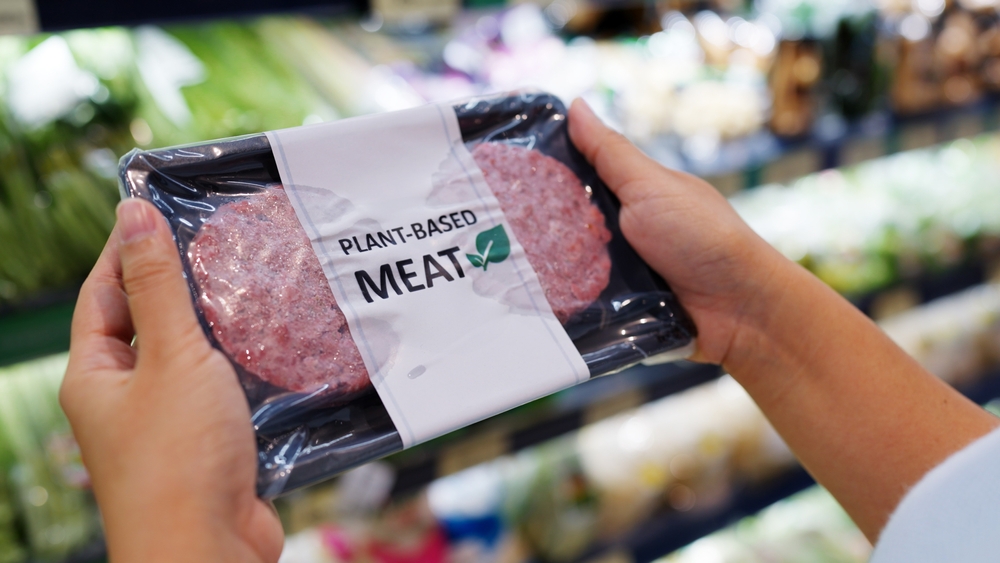Are All Plant Proteins Actually Healthy?
Others are reading now
People are thinking more about what they eat. Health, the planet, and even taste play a role.
In the middle of this shift, one thing is clear—plant-based protein is having a moment.
From protein powders to old favorites like beans and tofu, the options are growing fast. Whether you’re curious or already on board, there’s a lot to know.
More Americans are choosing plant-based diets. Some just want to eat fewer animal products.
Also read
Others are going fully vegan. A recent survey showed that 12% of Americans follow a plant-based diet, according to Healthline. Another 31% say they’re eating more whole plant foods than before.
Enough Protein in Vegan Diet?
There’s a common question: Is plant protein as good as animal protein? For many, yes. While most plant-based foods don’t have all nine essential amino acids, a balanced diet usually provides enough.
You don’t need to worry too much about mixing certain foods, like rice and beans, to get the right balance.
Studies show that people on vegan and vegetarian diets still get enough protein and amino acids.
However, there are some things plants can’t give you. One of those is vitamin B12. It supports brain health and helps form red blood cells.
If you’re eating no animal products at all, you’ll need to take a B12 supplement.
What to Watch Out for
Eating plant protein may help with weight control, lower the risk of diabetes, and even help you live longer. But watch out for highly processed foods like fake meats and cheeses.
Some plant-based burgers, for example, contain as much or more saturated fat than a traditional beef patty.
Certain brands pack over 400 mg of sodium per serving. That’s a lot, especially if you’re watching your blood pressure or trying to reduce processed food intake overall.
Another category to be wary of is flavored protein powders and protein bars. These often include long ingredient lists, with sugar alcohols, synthetic flavors, and gums that may upset your stomach.
Some also use low-quality protein blends that aren’t easily absorbed by the body.
People with allergies or digestive issues should be cautious about soy, nuts, and high-fiber foods.
The Positives
There are environmental benefits to switching from meat to plant protein as it cuts greenhouse gases and saves water.
Studies have shown major reductions in carbon emissions just by changing what’s on your plate.
In the end, plant-based proteins are a smart choice for many people. They’re flexible, often cheaper, and better for the earth.
Whether it’s lentils, tofu, or your favorite nut butter, adding more plants to your meals is a simple step that can make a big difference.
And lastly; try to stay away from processed foods and choose more whole foods for your own health.


